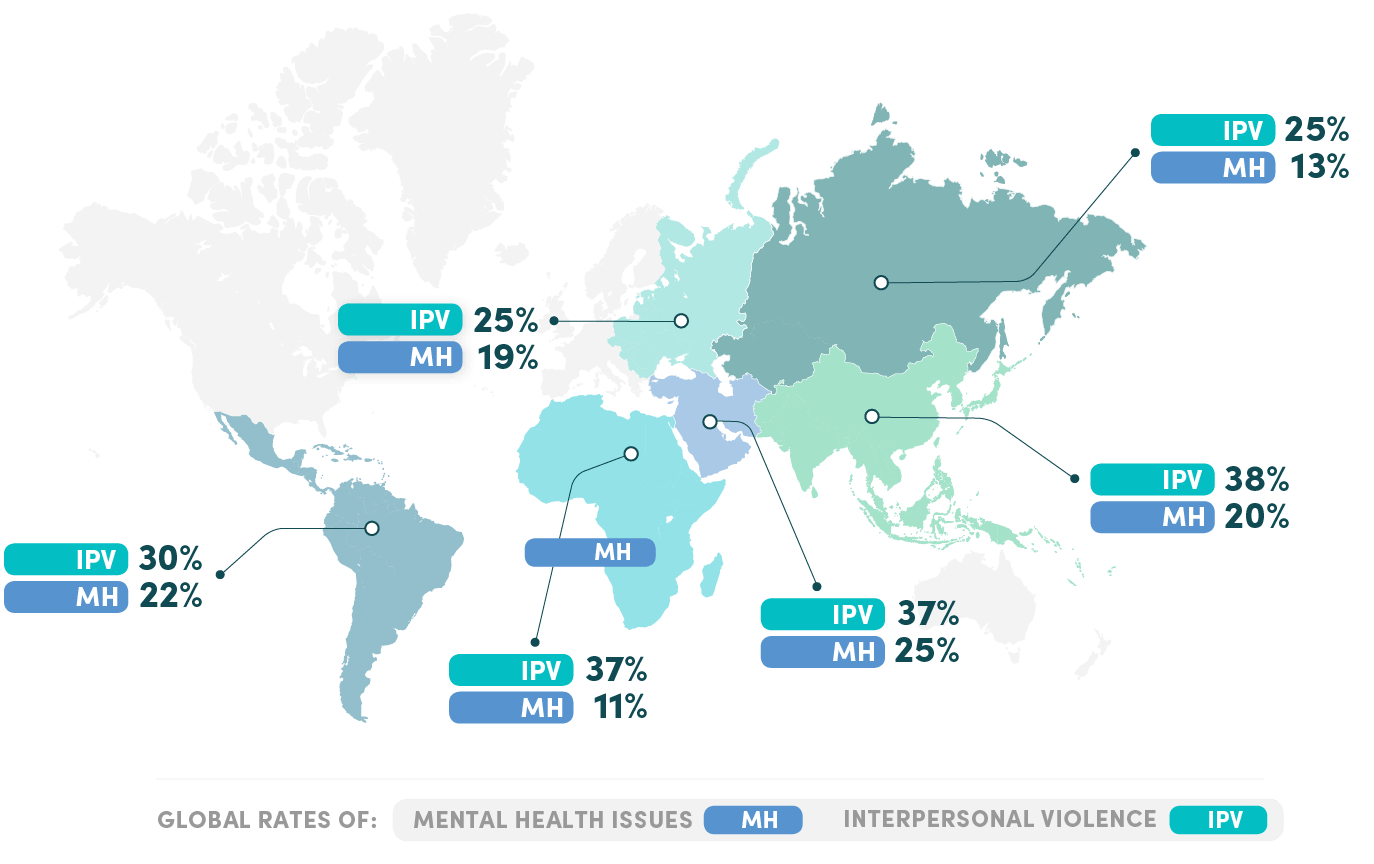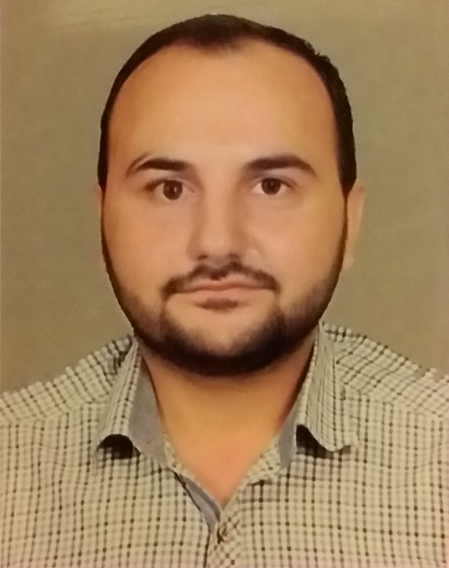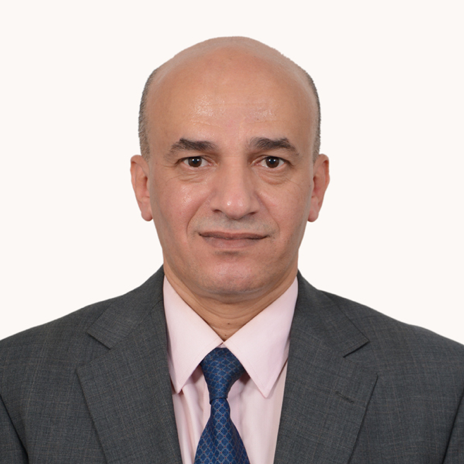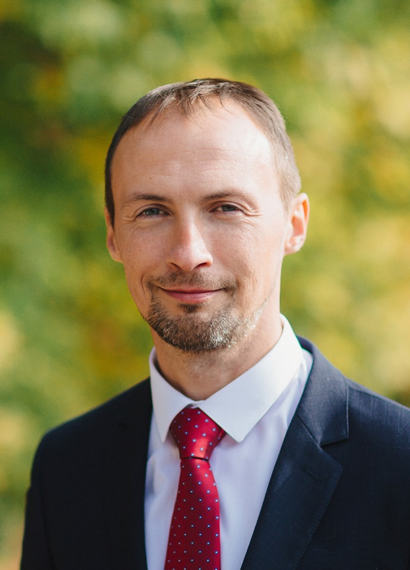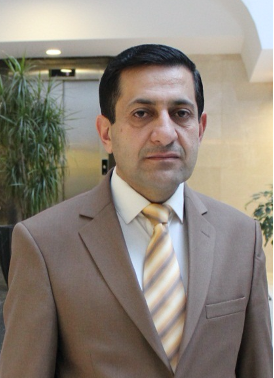CETA TRAININGS
We provide a variety of evidence-based trainings. Research shows that one-off trainings are ineffective – therefore, we support and stress the importance of an Apprenticeship model of training. Our model is built on capacity building and scaffolding expertise by training multiple layers of skills (e.g., provider, supervisors, and experts). All trainings noted below include both “live” training with CETA trainers as well as ongoing supervision based on need to meet competency.
Types of trainings
Full CETA Training. We provide 8-10-day trainings with ongoing supervision to train professional or lay providers in CETA for adults, youth, or both. This includes the training of local supervisors to help build capacity within an organization or setting.
Select CETA Element(s) Training. Certain organizations or settings may only require training in one or a few select elements (e.g., safety planning). This is a great training fit for integrating behavioral and mental health into other systems of care (e.g., safe houses, emergency services, health care). We work closely with organizations and individuals to create a training plan based on mission and population need.
Single Session CETA. CETA can be used as preventative psychosocial programming and/or engagement into higher level services. This includes the training of local supervisors to help build capacity within an organization or setting.
MODalities for CETA Trainings and Services
Telephone CETA. Living in a global pandemic has highlighted the need for alternative services. We have developed a manual for using videoconferencing or a telephone to implement CETA.
Online Trainings. We now provide hybrid learning models that can be a mix of online and in-person training and includes a fully remote training option. These materials are available in English, Ukrainian, and (soon to be) Arabic. Meet your online trainer, Dr. S., and her counselors!
The Problem
Across the globe, researchers have found those living in low-to-middle income countries experience high rates of poverty, interpersonal violence, substance abuse, and mental health issues, often occurring simultaneously.
Given the growing urgency to reduce the treatment gap and get effective treatments to those in need, we need a new approach that addresses the overlap of these health problems.
A Single Treatment Approach To Multiple Health Problems
CETA is a scientifically-proven transdiagnostic intervention, combining treatments for a range of mental health issues (trauma, depression, anxiety, substance abuse) into a single model. CETA’s modular, community-based approach addresses several mental health challenges in concert, enabling scale-up and sustainability in low-to-middle-income environments.
What We Do
CETA is a treatment approach designed by the Applied Mental Health Research Group (AMHR), a multi-disciplinary team working on mental & behavioral health topics around the world. They conduct science-based research studies and provide a range of consulting, training, and technical assistance services. Learn more about AMHR here.
Our Story
After almost 10 years studying and implementing behavioral and mental health programs in low- and middle-income countries, our team realized that bringing existing single-focused approaches to scale would be time-intensive, costly, and unsustainable. With the mission to provide access to evidence-based care for all individuals world-wide, we embarked on developing a multi-problem approach, the Common Elements Treatment Approach (CETA). Based on existing evidence, trends in practice, interviews, and a lot of customer exploration, CETA incorporates the principals we found critical to scalability, including:
· The ability to address multiple problems with one approach in a short time frame.
· A shorter manual – not a book – to allow for easy translation and comprehension.
· Direct guidance, without scientific or professional jargon, for ease of comprehension and
application by both professional and lay providers.
· Versatility to address problems across the lifespan and all levels of need.
· Flexibility in delivery method (e.g., in person or via phone, individual or group, etc.).
· Training to competency for providers to achieve optimal behavioral and mental health outcomes.
· Cost effective training and services.
MEET OUR LEAD CLINICAL Team
We have worked together to develop the CETA manual, and continue to write (and rewrite) it together based on new scientific advances, field learnings, and feedback. We are currently expert trainers in the CETA approach.
CALEB FIGGE, Ph.D.
Michelle alto, Ph.D.
CETA SupervIsors & Trainers
Across the globe, we work with some amazing people helping to better their local communities.
GLOBAL RESEARCH PARTNERS
We regularly work with scientists, researchers, and implementers around the world who study and use CETA. We are a close-knit (yet decentralized) team, helping to gather evidence on and spread the uptake of CETA—both in the past and ongoing today.
BRYAN PATENAUDE, ScD | bpatena1@jhu.edu
—————CATHERINE LEE, PhD | clee147@jhu.edu
—————CHRIS KEMP | kempc@uw.edu
—————EMILY HAROZ, PhD | eharoz1@jhu.edu
—————JEREMY KANE, PhD | jk4397@cumc.columbia.edu
—————JUDITH BASS, PhD | jbass1@jhu.edu
—————LUKE ALDRIDGE | laldrid3@jhu.edu
—————PAUL BOLTON, MBBS | pbolton1@jhu.edu
—————SARAH MURRAY, PhD | smurray9@jhu.edu



